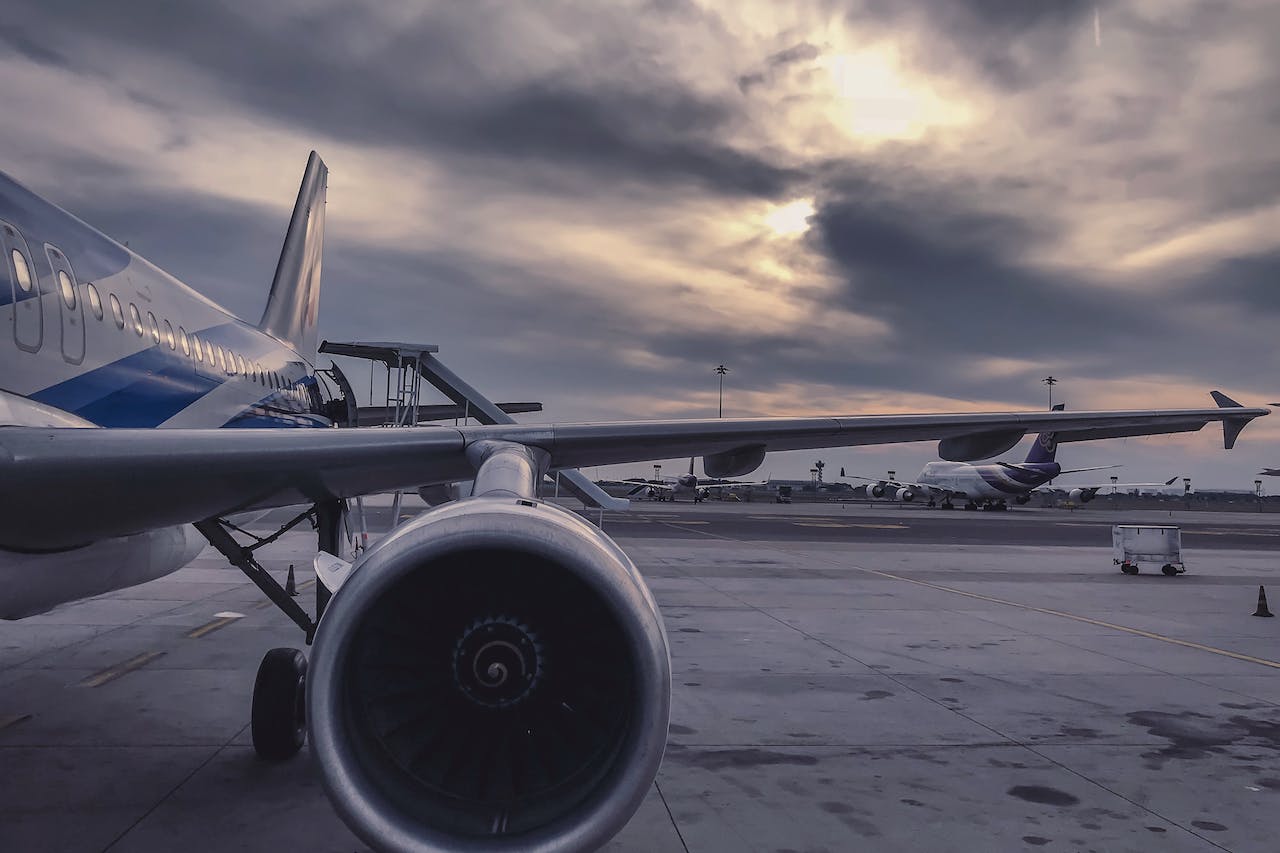Unlocking Secrets: How to Ensure You Get a Full Refund for Your Canceled Flight

As the skies become increasingly crowded, and airlines maneuver through operational intricacies, the rate of flight cancellations has witnessed a slight upsurge. Amid the ebb and flow of travel dynamics, ensuring a full refund for a canceled flight emerges as a challenge many travelers grapple with. We will consider airline cancellation policies and unveil actionable insights that would empower you to secure a full refund with less hassle.
Checking Airlines’ Cancellation and Refund Policies
Having an insight into the airline cancellation policies is a distinguishing trait of a discerning traveler. Each airline crafts its distinct framework of rules surrounding cancellations and refunds, which might fluctuate based on the ticket class, the timing of cancellation, among other variables.
It’s pivotal to traverse through these policies before booking, to harvest knowledge on the possible financial ramifications should your voyage plans capsize. Additionally, acquainting oneself with various terminologies like “non-refundable,” “refundable,” “voucher refunds,” and “chargeback” can decode the process, rendering it less intimidating to navigate.
Furthermore, the digital epoch has beckoned a cornucopia of online platforms and forums where voyagers disseminate their narratives and perspicacity regarding a flight canceled refund. Leaning into these communal reservoirs can furnish a pragmatic comprehension of how airlines comply with, or at times veer from, their articulated policies.
Legal Rights and Regulations
Various authoritative entities have laid down regulations to ascertain equitable treatment and restitution in the scenario of flight disruptions. Here are five cardinal rights and regulations that are germane to flight cancellations:
- Right to Refund or Rerouting: Amidst a flight cancellation, passengers typically possess the prerogative to select between a full refund or an alternative conduit to their terminal destination at the earliest feasibility.
- Right to Compensation: Under designated conditions, passengers might be vested with entitlement to monetary recompense. For instance, within the EU, Regulation (EC) No 261/2004 prescribes compensation if the cancellation transpires within 14 days of the slated departure date, barring extraordinary circumstances.
- Duty of Care: Airlines are frequently obligated to furnish care and succor to passengers in the occurrence of a cancellation. This might encompass meals, refreshments, hotel lodging, and transit between the airport and the lodging venue.
- Notification Rights: Airlines are customarily mandated to apprise passengers of cancellations in a punctual manner, often at least 14 days prior to the scheduled departure, coupled with information concerning alternative voyage options.
- Right to Alternate Transportation: In certain locales, passengers are endowed with the right to alternate transportation to reach their final destination, particularly if the cancellation markedly protracts their travel plans.
Documenting Your Case
It’s sagacious to commence by preserving all correspondence and notifications from the airline regarding the cancellation. This encompasses emails, text messages, and any official documents tendered. Additionally, retain a record of the original booking confirmation, boarding passes, and any other pertinent travel documents.
In instances where you accrue additional costs due to the cancellation, such as hotel lodgings, meals, or transportation, it’s crucial to retain all the receipts. It’s a prudent tactic to seize screenshots of any pertinent information displayed on the airline’s website or app regarding the cancellation, as this data can transmute or be refreshed over time.
Furthermore, sketching a sequence of events as they unfold can act as an invaluable trove of evidence. This should envelop the moment you were informed of the cancellation, your maneuvers post-notification, and any exchanges with airline personnel, including their names and titles if attainable. If there are witnesses, such as fellow voyagers who were also affected, securing their contact details could be propitious.
Communication with the Airline
It’s wise to commence dialogue with the airline’s customer service swiftly upon becoming aware of the cancellation to fathom the reasoning behind it and to familiarize yourself with the available alternatives. Be explicit about your predilections and delve into the airline’s cancellation and refund policies. During these interactions, it’s propitious to uphold a serene and polite demeanor, as airline representatives are more predisposed to assist congenial customers assiduously.
Documenting the names of the representatives you converse with, the juncture of communication, and the information imparted can be precious later on should disagreements surface. If the initial communication doesn’t yield gratifying results, it’s judicious to escalate the issue to superior ranks within the airline’s customer service structure or their social media outlets which are habitually scrutinized for customer satisfaction.
In conclusion
Image by Josh Sorenson from pexels
Navigating the labyrinthine process of securing a full refund for a canceled flight may at first seem formidable, yet, with a meticulous methodology, it’s entirely feasible. By acquainting yourself with the airlines’ cancellation and refund policies, comprehending the legal rights and regulations, assiduously documenting the case, and maintaining lucid, gracious communication with the airline, passengers can substantially bolster their chances of reimbursement.








